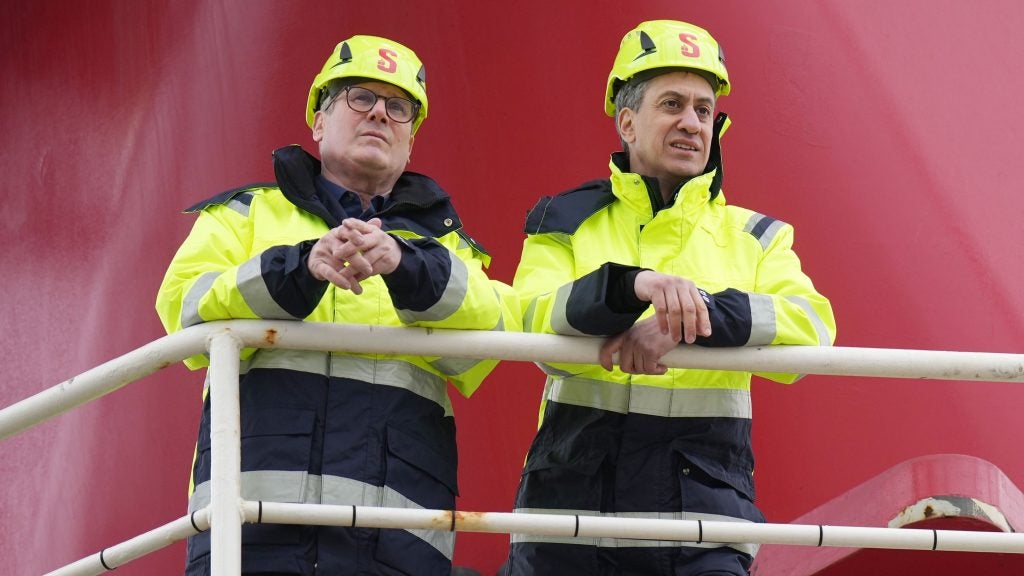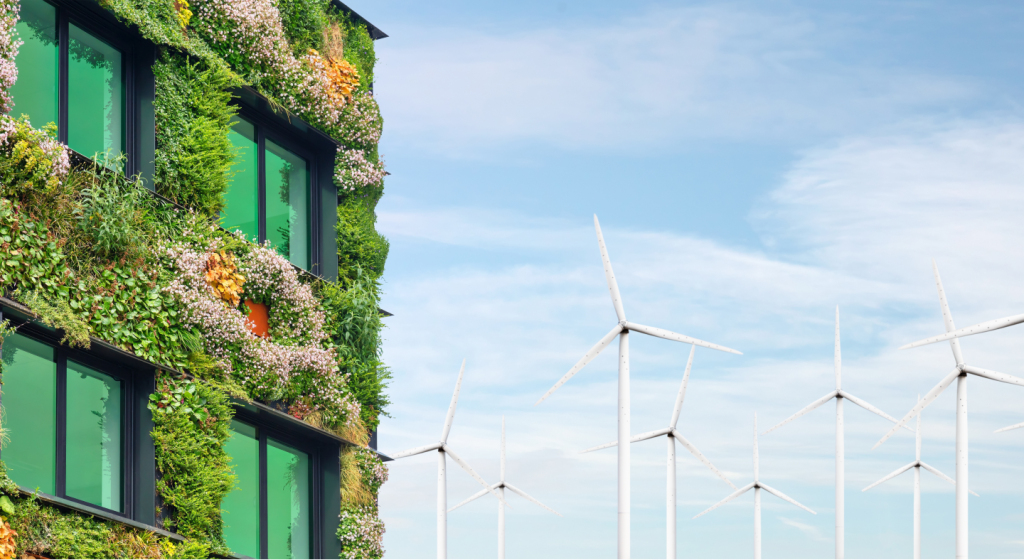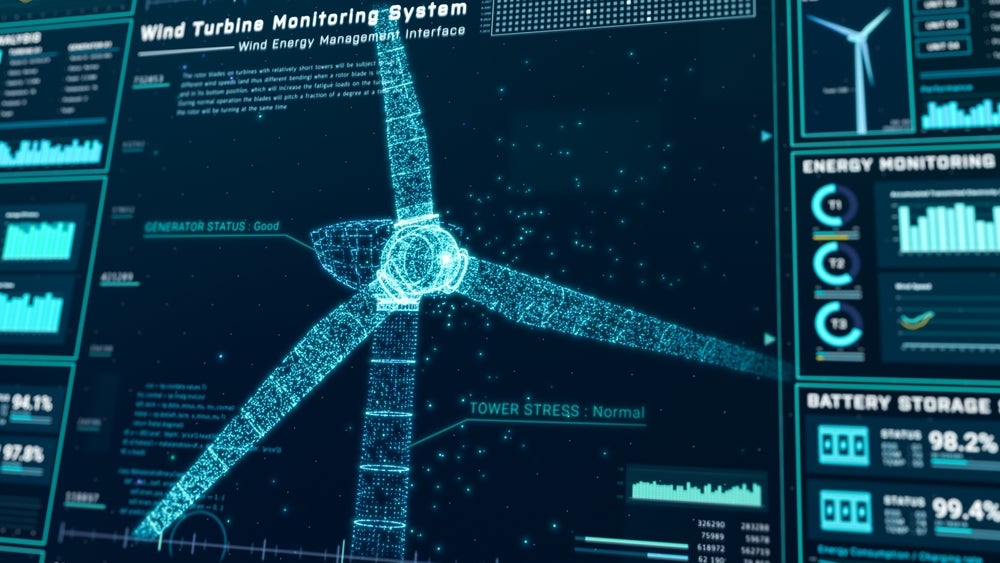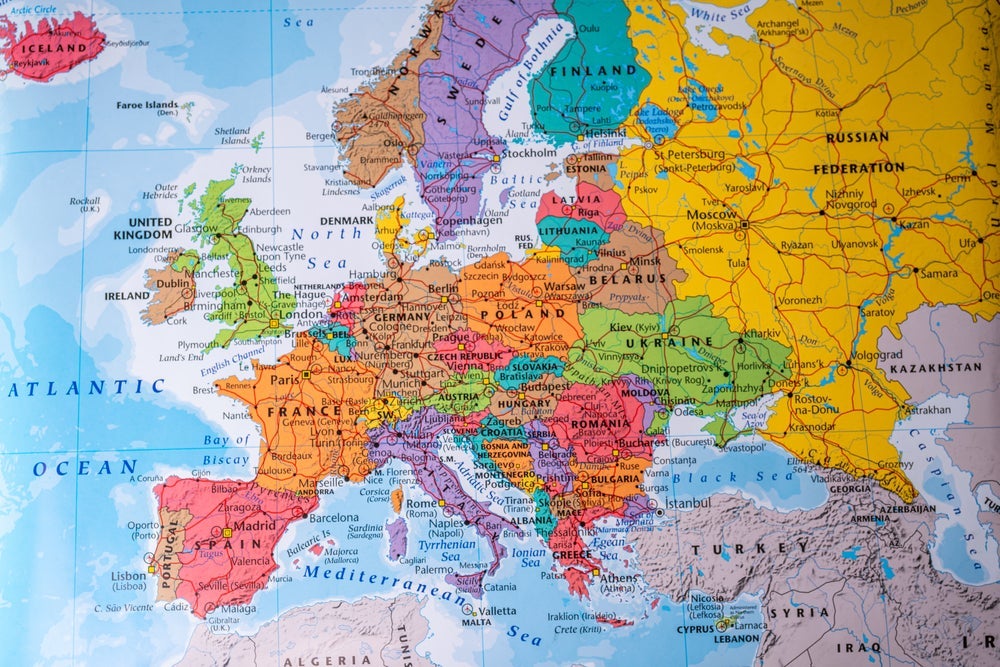Ahead of the UK's general election last week, the ultimately triumphant Labour Party promised to work with the private sector to build renewable energy capacity and remove fossil fuels from power generation by 2030.
It also promised to create Great British Energy – which will be a publicly-owned company – and to improve national infrastructure, which includes lifting the effective ban on onshore wind and building 1.5 million new homes.
Speaking on GlobalData’s Thematic Intelligence podcast, director of Centre Think Tank Torrin Wilkins called environmental considerations “the linchpin of policies at the moment for Labour”.
He added: “At one point, it almost consumed the entire campaign, the idea of renewable energy generation and, of course, the link to planning reforms.”
Simon Kaye, director of policy at the Reform think tank (not related to the political party), expanded: “I think it's striking that, for this Labour Party, one of the areas where it's showing the most ankle in policy terms is in its commitment to planning. I think it sees infrastructure development as part and parcel of that picture, and it sees both of those things as being at the very heart of how it's going to galvanize economic growth.”
He further considers that investment in infrastructure could include a commitment to carbon capture and storage, hydrogen capacity and marine energy, while Wilkins also points to Labour’s interest in building nuclear power, and suggests that “it will be interesting [to see] how much of a part will GB energy play in that”.
As part of its national infrastructure plans, Labour has pledged to “save the dream of home ownership”, but Wilkins points out that turning the tide on declining home completions won’t be easy.
"It's going to be an incredibly big challenge for them because they're going to have to start moving through stuff like what counts as a greenbelt. They're going to have to start looking at councils themselves and talking to them about, ‘Okay, how are we going to build enough houses, how are we going to do quotas for housing?’… It’s going to be really interesting because it could have a very positive impact on them electorally – because if people get new houses, they're very likely to vote Labour after that.”
Ultimately, striking the balance between improving infrastructure and making Britain greener will depend on one factor: economic growth.
Kaye speculates: “The drive for growth in a general sense will involve an effort to galvanise the private sector and the public sector pretty rapidly, because almost all of the spending orientated plans that are in the Labor manifesto hinge on achieving higher levels of growth, and they will have to start moving now to reap any of those benefits and time to do so later on in the parliament.”














